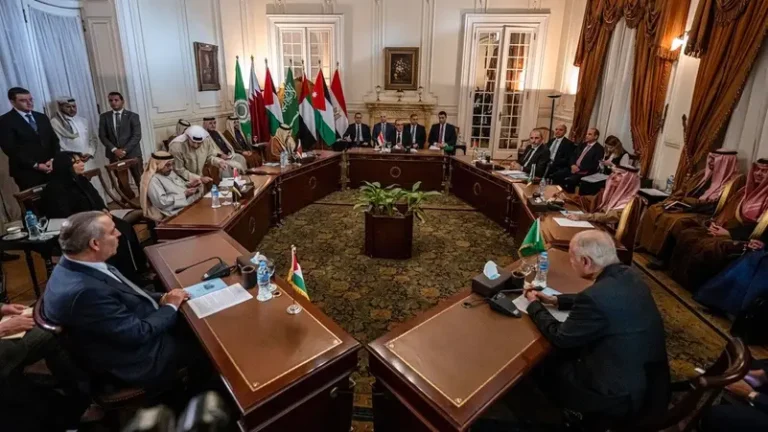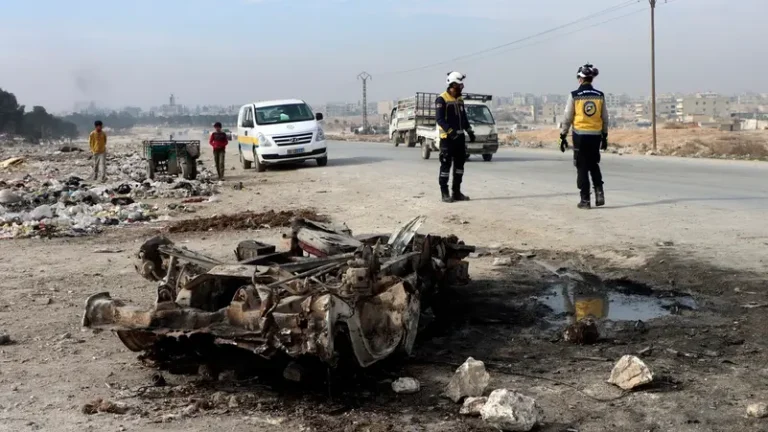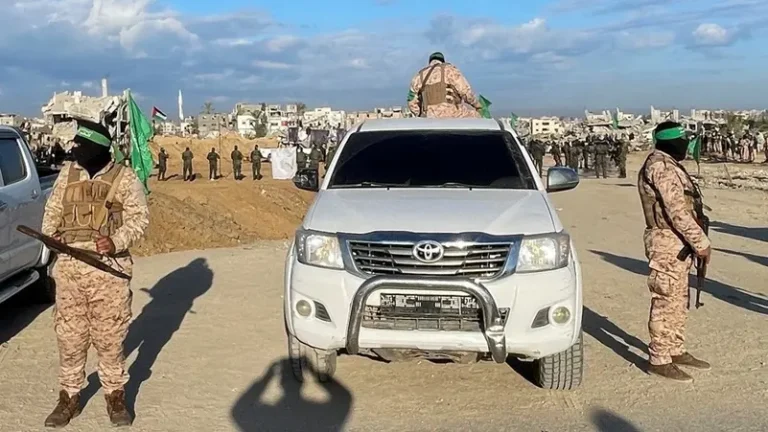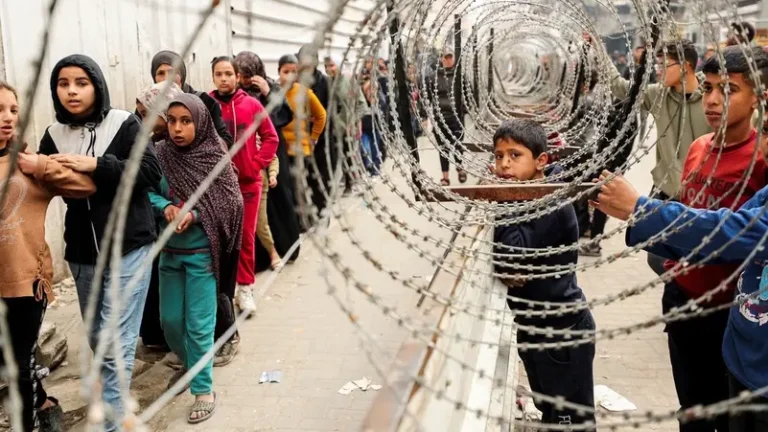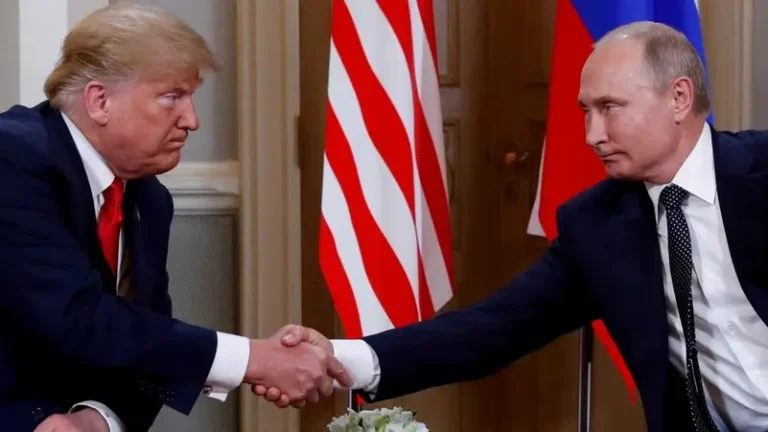Kurdistan’s Prime Minister Masrour Barzani has expressed cautious optimism about the return of Donald Trump to the White House, voicing hope for US leadership in stabilizing the Middle East but cautioning against the dangers of hasty or unilateral withdrawals from US bases, like that in his country.
Speaking at the Middle East Peace and Security Conference in Erbil during a fiery interview with Al Arabiya’s Chief International Anchor Hadley Gamble, Barzani underscored the critical role the US plays in the region’s security and stability, highlighting the devastating consequences of disorganized US policies, specifically the 2011 withdrawal from Iraq under President Obama, which paved the way for the rise of ISIS.
“The vacuum left after the US pulled out their troops was filled by ISIS and other terrorist organizations, and you guys had to come back once again,” Barzani said bluntly.
“If the US wants to pull out, we need to look at what would be the alternative and how those vacuums created behind are going to be filled. We don’t want to create another problem,” he added.
Gamble noted how critics have pointed to the pullout as a moment that emboldened adversaries like Russia and Hamas.
“Many people would say the catalyst for President Putin’s invasion of Ukraine and what’s been happening in Gaza was US inaction and US failure with the withdrawal from Afghanistan,” she said.
Barzani agreed that unilateral actions often carry far-reaching consequences.
“Any unilateral decision is not going to be the best decision, in my view. When the US pulled out of Iraq in 2011, even then, we didn’t think that was the best decision. And we anticipated that the US would come back, but at a higher cost, which was the case,” he remarked.
“We need to ensure that decisions, particularly those involving troop movements, are carefully planned and mutually agreed upon.”
Barzani stressed the ongoing threat of terrorism and the importance of maintaining a strong US presence in Iraq.
“The US troops were in Iraq based on the invitation from the Iraqi government. And there was a reason: there was ISIS terrorism that was threatening the security of the region and actually the security of the whole world,” he said.
Contrary to claims that terrorism has been defeated, Barzani painted a stark picture of the current landscape: “We don’t think that terrorism has come to an end. We think that, still, ISIS is intact, and they have active members that are active in different parts of not only Iraq, but the region, and elsewhere in the world. And we need to have that global coalition to fight terrorism now.”
Barzani expressed his belief that Trump’s return to power could bring a new level of engagement and stability to the Middle East, provided decisions are made in consultation with regional partners.
“We are hoping that the US administration is going to maintain good relations with the region, with Iraq, and in particular with the Kurdistan region,” he said.
Looking forward, he emphasized the importance of US leadership in facilitating peaceful solutions to ongoing conflicts.
“I hope that there will be peaceful solutions to every ongoing conflict and war. However that’s achieved, I believe it will serve the people of those countries that are suffering from the ongoing wars now. But I hope that these decisions are made in consultation with the parties involved, that the interests of the people are going to be taken into account,” he added.



